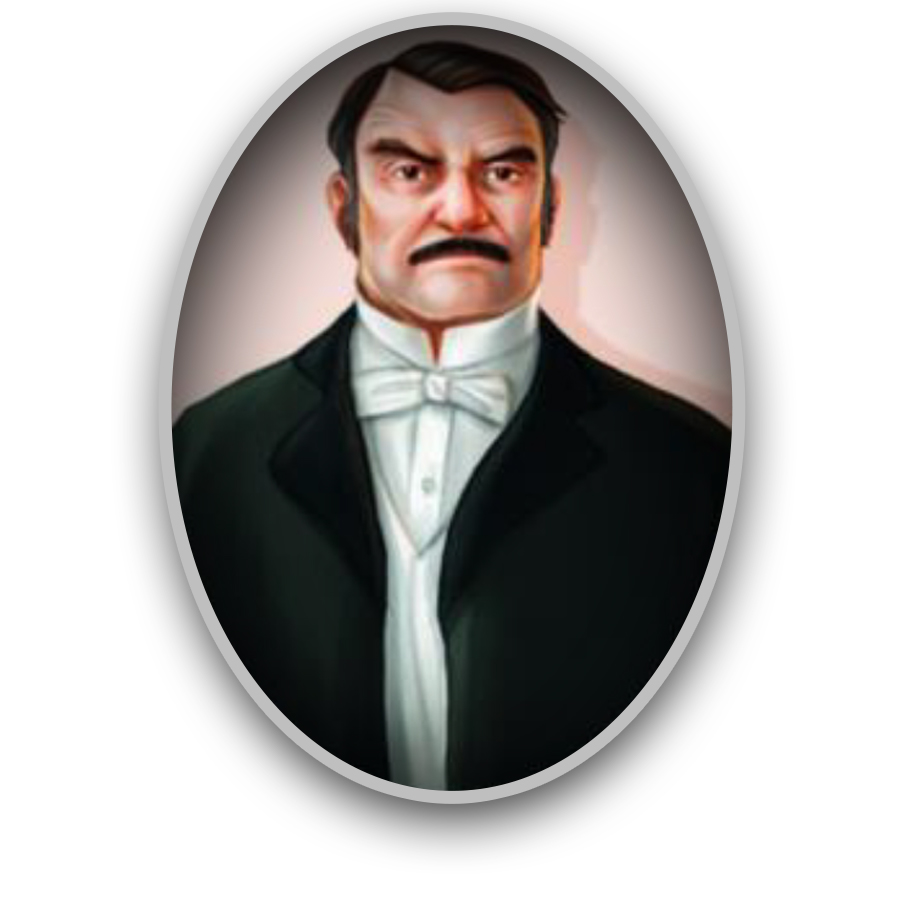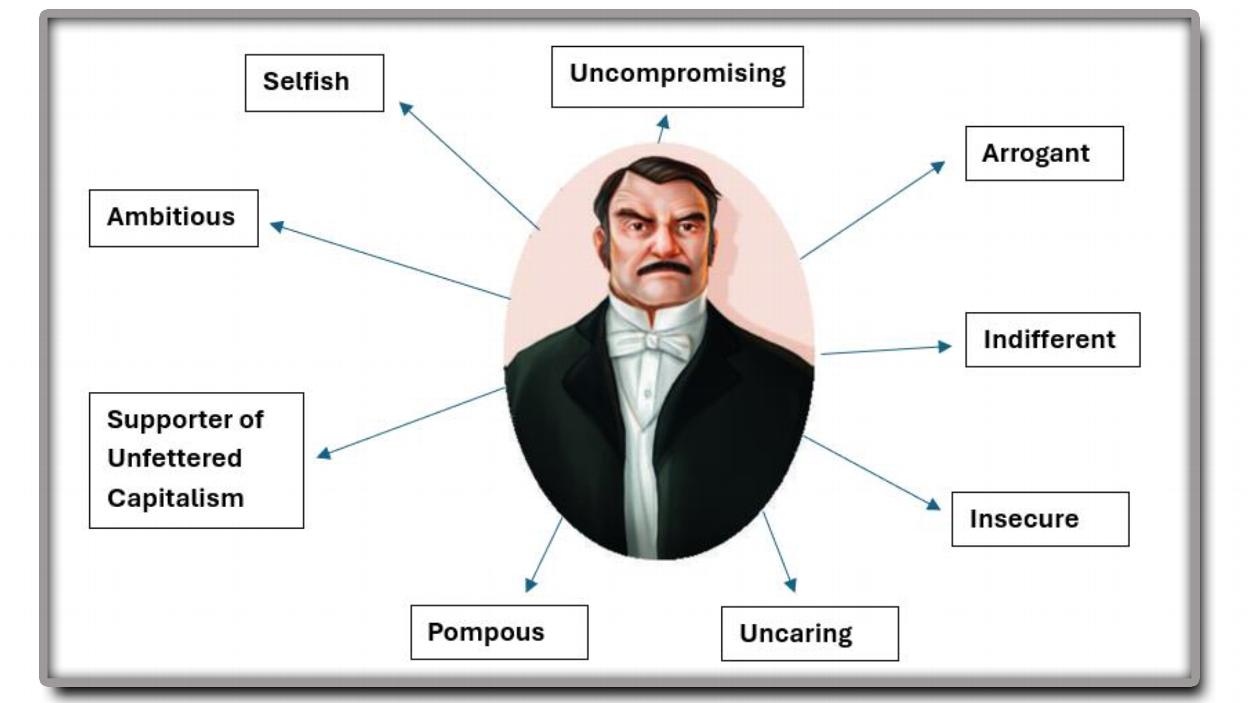
![]()
Character Analysis
Mr Arthur Birling
In this weeks Blog, we present part one of a series looking at the characters of the play, and the roles each one plays. We start with Arthur Birling...
JB Priestley wrote An Inspector Calls to challenge inequality in society and convince his audience to support the introduction of the welfare state in Britain – a social safety net for all. He uses the characters in the play to highlight three major problems in society that he felt urgently needed to be addressed to improve life for all citizens. When analysing Mr. Birling, you must evaluate how Priestley uses his character to highlight the issues caused in society by these three problems:
The three problems were:
1. Unfettered Capitalism – an economic system of running a country with no government intervention to protect workers from exploitation.
2. A Rigid Class System – a social system which saw some members of society valued more than others simply by the family into which they were born.
3. Gender Inequality – attributing less desirable characteristics to some members of society based solely on their gender.

Mr. Birling and Unfettered Capitalism
• Mr. Birling represents the establishment of the political hierarchy in society.
• He has made his money through business but has exploited people on the way to success.
• He sees socialism as a threat to his wealth as government intervention into business would impact his profit margins by establishing minimum pay and working standards.
• “The way some of these cranks talk and write now, you'd think everybody has to look after everybody else … like bees in a hive.”
• He believes that it is the job of business owners to regulate the job market by setting prices and wages that suit the needs of businesses rather than the needs of the workers.
• “If you don't come down hard on these people, they'd soon be asking for the earth.”
• He does not believe that workers should be able to fight for better conditions and higher pay as that would give them too much power over businesses and how much can be made – there is reference to the General Strike of 1912 in his speech at the start of the play.
• “We employers at last are coming together to see that our interests – and the interests of capital – are properly protected.”
Mr. Birling and the Rigid Class System
• Mr. Birling has made himself into a very successful businessman, but the upper class still see him as inferior –the Crofts don't approve of the engagement between Gerald and Sheila.
• “I have an idea that your mother – Lady Croft – while she doesn't object to my girl – feels you might have done better for yourself socially.”
• He is wealthy but his status is not yet certain and so he strives to secure his position in society through marriage and titles – he is hoping for a title to be awarded to him soon.
• “there's a fair chance that I might find my way into the next honours list”
• Mr. and Mrs. Birling are both aware that to climb the social ladder, they must be accepted into high society - the marriage between Sheila and Gerald will help them to do this.
• “You're just the kind of son-in-law I always wanted”
Mr. Birling and Gender Inequality
• Mr. Birling believes that women are not intelligent enough to understand world events and business and expects women to leave the room when he discusses these things.
• He seems to have been particularly angry that women were leading the strike in his business.
• “She'd had a lot to say – far too much – she had to go”
• He sees women as only being valuable for their looks and is not interested in what they think.

We hope you enjoyed this first part of our new Character Analysis series. We'll be continuing our look at key characters in ‘An Inspector Calls' next week.
If you want to learn more about ‘An Inspector Calls' and many other books and poetry for English GCSE, why not join one of our online tuition groups or booster sessions? You can find out more here.
Or you can find out about our other courses at: Tutors for Excellence.

